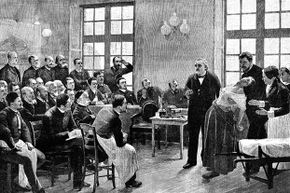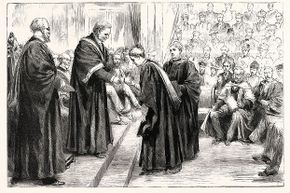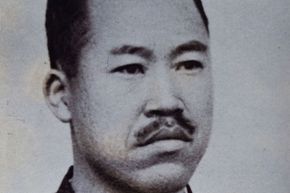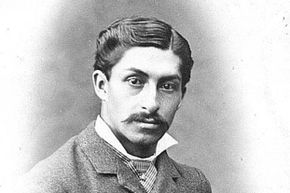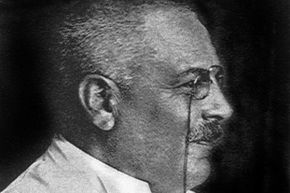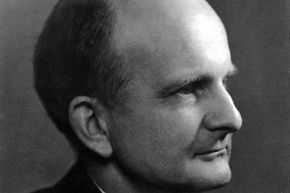When French neurologist Georges Gilles de la Tourette discovered a medical condition in 1885 characterized by involuntary verbal and motor tics, he likely had no idea his name would soon be synonymous with the condition. Yet today, this rather common syndrome is known as Tourette's [source: NINDS].
Hundreds of illnesses, syndromes and diseases are named after the people who discovered them. These eponyms include Crohn's disease, Kaposi's sarcoma and Hodgkin's disease, to name a few. Today, however, the World Health Organization wants to end the practice of naming medical conditions after people (and also animals and places). The reason? The group often receives complaints from those who feel stigmatized when a disease is named after them or something they hold dear, or who suffer economic losses as a result. To wit: The swine flu isn't actually transmitted by pigs, but after an outbreak in 2009, some countries banned pork imports. After the Norovirus genus was named, a Japanese individual complained because "Noro" is a common surname in Japan [source: Kupferschmidt].
Advertisement
Others respond that naming a disease after a person or place makes it more memorable and descriptive than blandly giving it a technical moniker. Also, using a person's name is often a good way of paying tribute to the doctor or scientist who may have been the first person to discover the disease. Let's look at the stories behind 10 diseases named after people.

